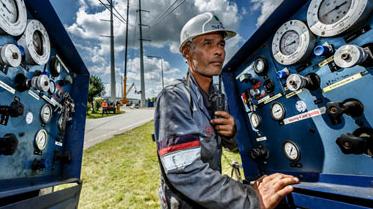The energy sector is developing rapidly. The process of European market integration began some years ago. Its purpose is to create a single European market that enables market parties to trade gas and electricity across national borders easily and efficiently.
404 - Page not found
Sorry, but the page you were looking for is not available anymore. Please try the search bar if you are looking for some specific information.
Is this what you are looking for?
Quick to:
- Contact
- Address
- Borssele
- Doetinchem
- Job opportunities
Try search bar
Contact

Contact information
Visit our contact-page for direct contact, route discription, or our locations in Germany and the Netherlands.
Read more
